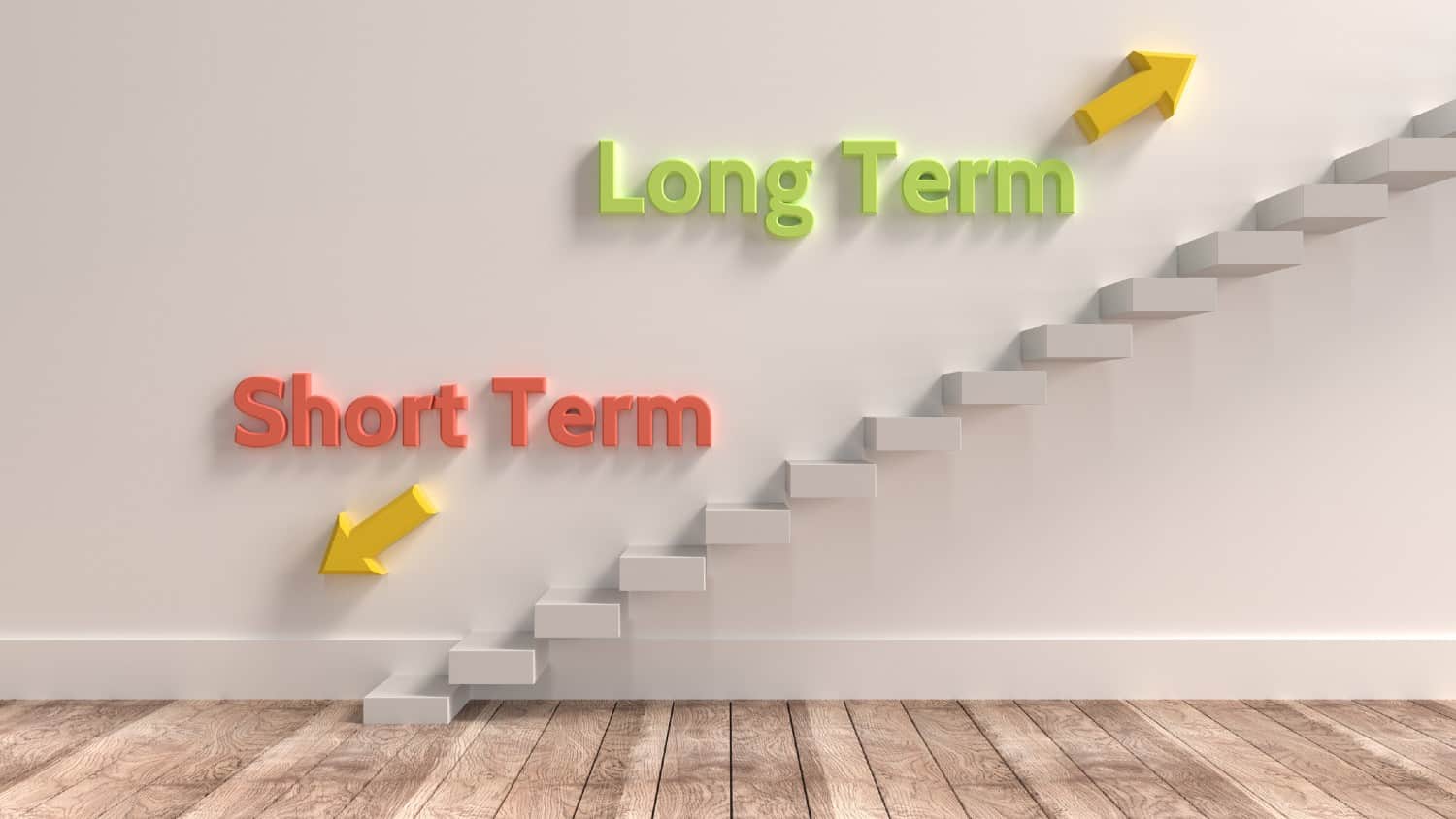After the Vodafone Group (LSE: VOD) share price fell below £1 last October, I added this popular stock to my watchlist. The telecoms giant’s price continued to fall, dropping to a five-year low in mid-December. In early December, my wife bought it for our family portfolio for 90.2p a share.
Vodafone shares’ long decline
Looking back five years, it’s clear that the Vodafone share price has seen multi-year declines. As I write, the stock trades at 90.84p, valuing the group at £24.6bn. This is a fraction of its former glory — in 2000, this was the largest listed business in Europe.
Here’s how the stock has performed over seven different periods:
| One day | +1.3% |
| Five days | -0.2% |
| One month | +2.0% |
| Year to date | +7.9% |
| Six months | -8.0% |
| One year | -28.3% |
| Five years | -56.9% |
Over one year, the widely traded stock has lost almost three-tenths of its value. Over five years, the picture is even worse, with the Vodafone share price diving. Yuk.
As a natural contrarian and a long-term value investor, I’m instinctively drawn to beaten-down shares in otherwise established companies. That’s why we bought Vodafone stock late last year.
Big shareholders are buying
Though Vodafone has stumbled from one crisis to another for several years, some shareholders still have faith in this business.
Earlier today, the telecoms company’s biggest shareholder — United Arab Emirates investment group e& (formerly Etisalat) — announced that it had increased its stake to 14.6%. This group and activist investors are working with Vodafone to improve its flaky performance.
Several other notable investors — including a huge US telecoms group (5% stake) and a French telecoms billionaire (2.5% holding)– have also bought into Vodafone, seeking to improve shareholder value.
I see better times for the stock
At its 52-week high, the Vodafone share price hit 132.1p on 25 May 2022. Eleven months later, the stock is down 31.2%. Still, I have high hopes for a sustained turnaround for the telecoms super-tanker.
With a price-to-earnings ratio of 14.1 and an earnings yield of 7.1%, the FTSE 100 stock is priced broadly in line with the wider index. Yet it offers a market-thrashing dividend yield of a whopping of 8.5% a year.
Now for the bad news: this cash yield is covered only 83% by trailing — that is, historic — earnings. And when companies’ cash payouts aren’t completely covered, they usually get cut at some point.
Clearly, Vodafone is going through some tough times, but so too are its European peers. Indeed, I’ve heard these telecom stocks wittily described as ‘yield farms’ or ‘yield traps’ for unwary investors.
Despite Vodafone’s obvious weaknesses, I’m optimistic that the next five years will be better for shareholders than the previous five. For example, steep price hikes across Europe (to counter inflationary pressures) should boost group earnings in 2023-24.
Also, I’d welcome the appointment of a new CEO to replace interim leader and former finance director Margherita Della Valle. A respected replacement might help improve market sentiment towards these beaten-down shares.
Finally, I await the publication of Vodafone’s 2022-23 full-year results on 16 May. Let’s hope there’s some good news for shareholders, including my family. But I’d happily buy this stock before then, if I had the cash.







